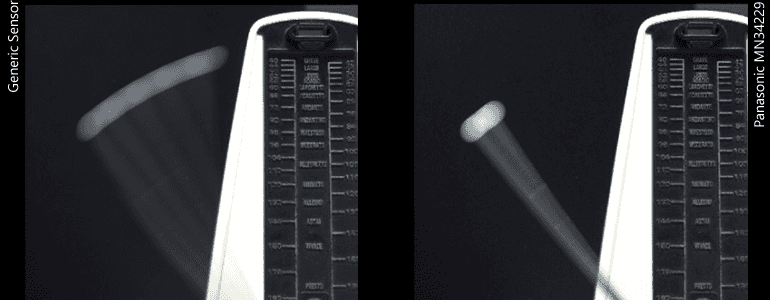MJPEG Stream
Q: A few days ago I bought the IN-5907HD, at first I was very impressed with the performance of the camera. But when it was night, I realize that I can not recognize anything.
A: Blurring of moving objects always occurs when the lighting conditions force the camera to use longer exposure times. Once the exposure time becomes so long that the person can move a few inches between two shutters, the image will be blurry ghosting. To counter this, you can once improve the illumination in the monitored area (external headlight), and / or position the camera so that the person has to move directly to the camera to cross the area (the effect is always strongest when the person moves across the area). In the camera model IN-9008 Full HD, we have another sensor installed by the company Panasonic, which handles the situation a little differently. Here you have i.d.R. a much darker (often a little noisy) video image - this is accepted in order to keep the exposure time as low as possible and to resolve movements accordingly better. A longer discussion of the pros and cons of this technique can be found in our forum.
To counteract this, you can improve the illumination in the monitored area once (external spotlight), and/or position the camera so that the person has to move directly towards the camera to cross the area (the effect is always strongest when the person moves across the area).
With the camera model IN-9008 Full HD, we have installed a different sensor from the Panasonic company, which handles the situation somewhat differently. Here you usually have a much darker (often also a little noisy) video image at night - this is accepted in order to keep the exposure time as short as possible and to resolve movements correspondingly better. You can find a longer discussion of the advantages and disadvantages of this technique in our Forum.
